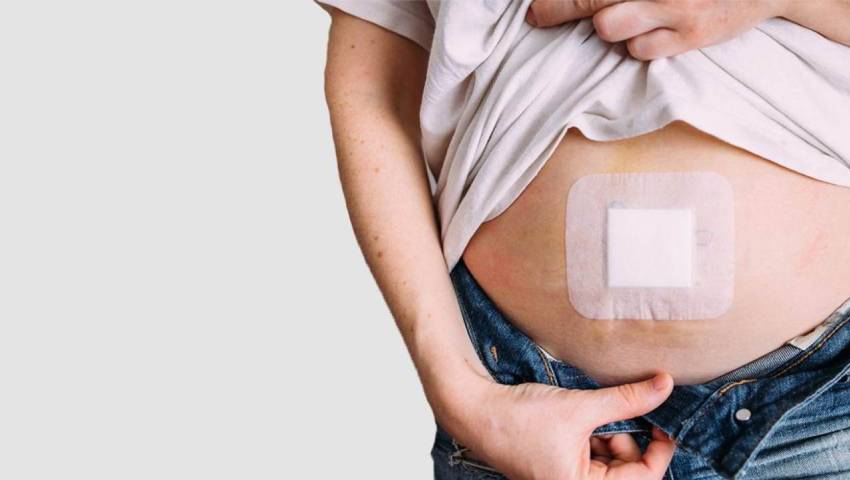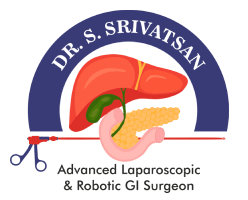
- 25/01/2024
- Dr. Srivatsan Gurumurthy
- 0 Comments
- Blog
Tips to Help You Recover Quickly After Hernia Surgery
If you have recently undergone a hernia repair surgery and experience mild to moderate pain and feel a little run down. It’s also normal to feel pulling or twinges in the affected area as you heal. Most people, however, feel better within a few days and much better within a week of surgery.
Recovering from hernia surgery requires patience, self-care, and attention to detail when following the post-surgery recovery plan. In this Blog, Dr. Srivatsan Gurumurthy he is the Best Robotic and Laparoscopic Surgeon in Chennai explains How you can take care of hernia surgery for early recovery.
Hernia surgery recovery time:
So, the first question most patients have is how long it takes to recover from hernia surgery. The answer varies depending on several factors. These include:
- the type of hernia surgery you have
- your overall health
- how closely you follow post-operative instructions.
Generally, you should be able to return to your normal activities around four to six weeks after the procedure. In most cases, you’ll be able to go home on the same day as your surgery. Dr. Srivatsan Gurumurthy and the GEM Hospital Team will give you advice and support to ensure that your hernia repair heals properly.
Hernia surgery recovery tips:
Follow the tips below to speed up your recovery from hernia surgery:
- Plan for assistance: You will need to arrange for a friend or family member to stay with you for the first 24 – 48 hours after surgery. You won’t be able to lift anything, so getting help with everyday activities like shopping will prove invaluable
- Follow medical instructions: Adhere to your surgeon’s advice regarding medication, wound care, and physical limitations
- Stay informed: Educate yourself about potential complications and know when to seek medical attention if you notice any unusual symptoms
- Attend follow-up appointments: Attend all scheduled follow-up appointments with your doctor. These visits are essential for tracking your progress and addressing any concerns you may have
- Manage pain and discomfort: Take prescribed pain medications as directed. Report any severe or worsening pain to your doctor
- Monitor your incision site: Keep the incision site clean and dry. Follow your doctor’s instructions for changing dressings and cleaning the wound to prevent infection
- Exercise safely: Walking and gentle exercise are recommended, but only a few weeks after surgery. Be sure to ask your doctor for more information before starting to exercise
- Practice relaxation techniques: Deep breathing, meditation, and gentle stretches can help alleviate stress and pain
- Eat healthy foods: Begin with light, easily digestible foods and slowly reintroduce your regular diet. Eating food high in fibre along with plenty of fruit and vegetables will help avoid the risk of constipation
- Stay hydrated: Drink plenty of water to support healing and prevent dehydration. This can impede your recovery process
- Listen to your body: Pay attention to how your body responds to activities. If you experience pain, discomfort, or fatigue, be sure to take a break and rest
- Avoid tight clothing: Choose loose-fitting clothing that won’t put pressure on the incision site and allow for comfortable movement
- Rest: Give your body the rest it needs to heal. Prioritise getting enough sleep and avoiding unnecessary stress
- Maintain proper posture: Support your abdominal area when sitting, standing, or moving to prevent strain
When should you visit the hospital after hernia surgery?
If you are experiencing any of the symptoms outlined below, then you must visit the hospital
- High Fever
- Bleeding
- Increased swelling or pain in your abdomen
- Severe pain that cannot be relieved with painkillers
- Nausea and vomiting
- Chronic cough or shortness of breath
- Trouble urinating
- Swelling and increasing redness around the incision sites
Still, have any questions? then don’t worry. call us with our expert for your hernia recovery plan.
